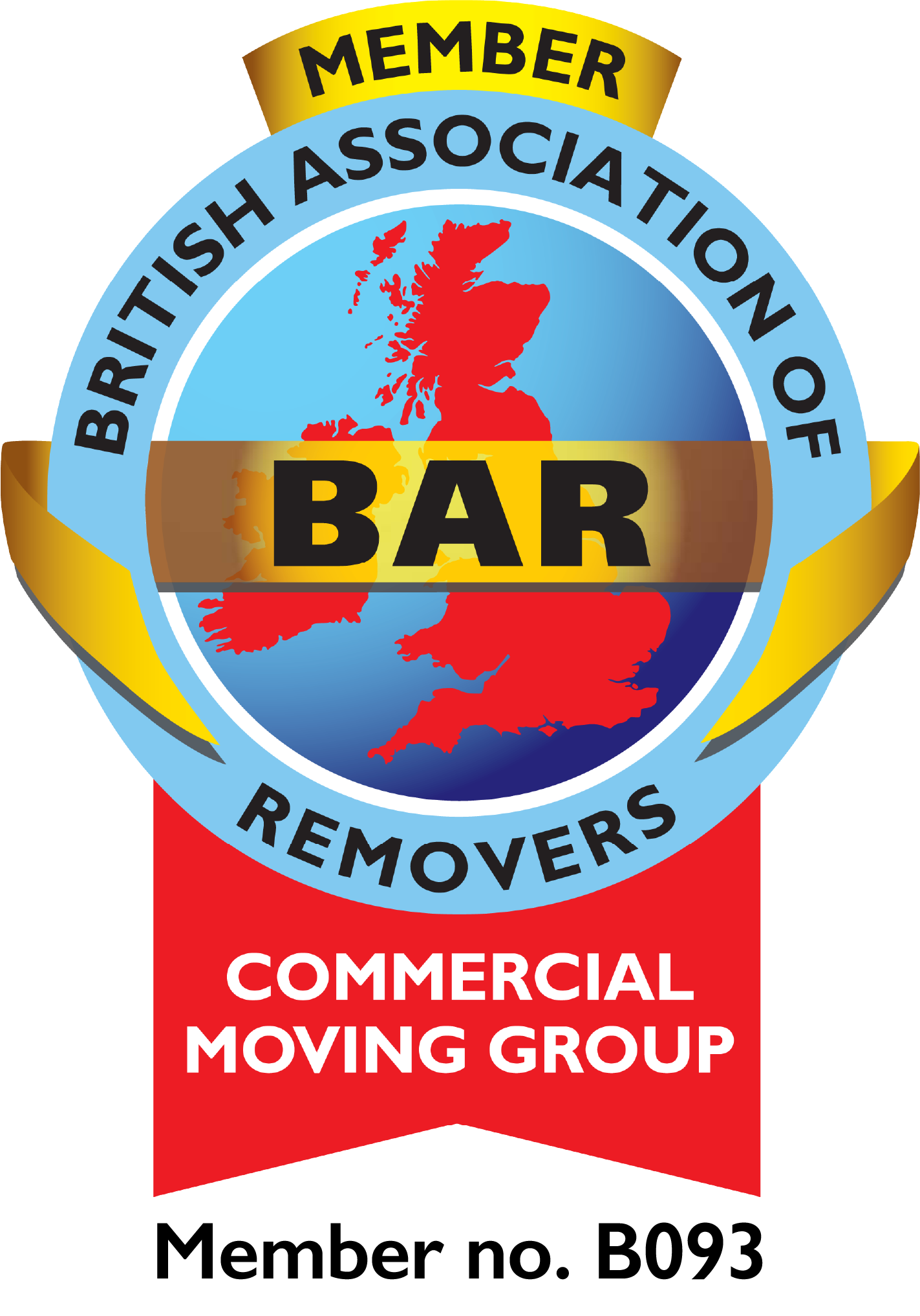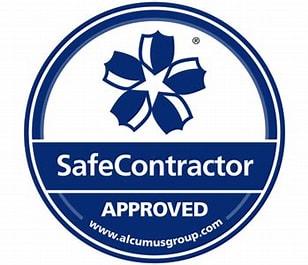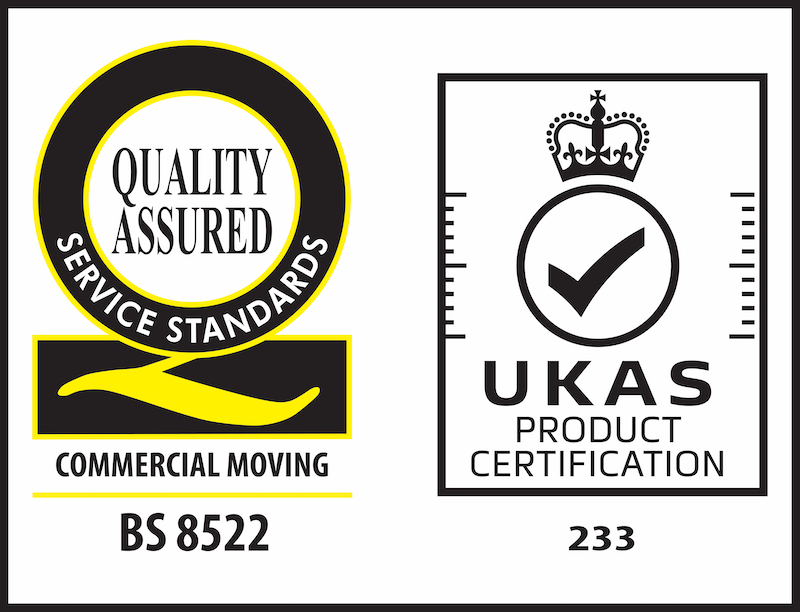8 things to consider when planning an office relocation
Moving office is a big project but it can be accomplished by following these key steps.

MORE STORIES
- Page 5 of 27
Please click here to chat through what you'd like your Success Story to be.
It’s well known that moving to a new house is one of life’s most stressful events. So, imagine how those in charge of an office relocation must feel! There are numerous things to juggle, all while causing the minimum amount of disruption to the business and its employees.
A knock-on effect of the pandemic is that a lot of companies will be looking to relocate in the year ahead, whether that’s to swap city for suburban rates or to downsize due to a switch to a hybrid working model.
Here are eight key considerations for planning an office relocation.
- Budget
Setting a budget can be tricky, especially for someone planning an office relocation for the first time, but it’s an absolute necessity. The budget will change so it needs to be flexible, but care must be taken to ensure that no major costs are omitted.
As well as the physical move, costs can include storage, moving specialist or valuable equipment, repairs to the existing space, interior design and consultancy fees.
Creating a budget at the outset will give you a strong element of control over the process, help ensure that nothing is missed and keep the project accountable to senior leadership. Who knows – you may even complete the move under budget!
- Project management
Any office relocation, no matter how big or small, needs strong project management. That will ensure that nothing falls through the cracks, and having a project manager helps keep every part of the move accountable.
It may be that you choose to work with an office relocation specialist, as project management for a task of this size can be extremely time-consuming and may require at least one dedicated member of staff, something that some businesses cannot commit to.
- Communication
How will you communicate the move to employees? Will they have a say in any part of the process? How will you deal with questions or complaints?
Clear, consistent communication is the lynchpin of any successful relocation project. But don’t just tell employees what is happening – explain why and speak with them for their thoughts. Making staff a part of the process will encourage their buy-in and lead to a much better outcome.
Communication can be in the form of company-wide surveys down to chats with individuals. It all goes to show that you care about the employee experience.
- Office Furniture
At first this may appear to be a simple choice between moving existing furniture or buying new furniture for the new space. However, it’s well worth considering refurbishing furniture to lower costs and improve your sustainability.
We have saved numerous clients hundreds of thousands of pounds by using refurbished screens and desktops instead of buying them new. Refurbished furniture can be made to look just as good as new furniture.
The best way to handle furniture management is with a thorough audit. This should capture every item of furniture, its condition, its location (if you have more than one site) and what will happen to it – move, store, refurbish, recycle or donate.
- Moving IT
Moving IT goes hand in hand with employee communication. Everyone has their own desk set-up, from preferred monitor position to where the mouse is - are they left or right-handed? Carrying out a personal audit for each person will mean that when they first arrive in the new space, their desk can be set up to their exact specifications.
It’s hard to understate how happy employees will be when they find that their space is ready to go. We all know the stress of IT not working or when someone has moved things on your desk. A seamless IT transition will contribute to employee happiness, productivity and minimal business disruption.
- Storage and disposal
Following an audit, you may find you have excess furniture or IT equipment. Considering the multitude of reuse and recycling options, nothing should go to landfill.
Some furniture can be refurbished. Even if you don’t intend to keep it, it can be sold or donated to a good cause. We work with plenty of clients that have donated furniture to local schools or hospitals.
Other furniture can be recycled. Sustainability is a core value of ours and in addition to sending nothing to landfill, we work with recycling partners that can account for exactly where everything ends up, so we know parts aren’t finding their way into landfill.
It may be that you decide to keep some furniture in storage. This could be in case of an office expansion in the future, or perhaps you have valuable items that don’t have a home in your new office quite yet. Items kept in storage should be managed through a digital register so that you always know exactly what you have and can request an item with ease at any time.
- Filing & personal belongings
The last thing you need when moving offices is for files to get lost or mixed up. Consider how you will label and track all files, and any considerations that may need to be made for sensitive documents.
As well as IT set up previously mentioned, employees will have personal belongings in the office that will need to be returned or moved to the new space. Some may choose to transport their own personal belongings, but for the rest you’ll need to plan on how to store and track items. A digital audit is a great option here as it makes it much easier to manage and track everything.
- Move management and delivery
Finally the big day has arrived. Make sure that any partners, service providers and consultants are fully briefed so that everyone is one the same page.
Following the relocation there must be post-move support that starts immediately on the first day at the new office. This will help to reassure staff, address any concerns and minimise the impact to the business.
Moving office is a big project but it can be accomplished by following these key steps. BMG are experts in commercial and office moves and we can support you in any capacity, from the physical move to managing the entire process and everything in between. Contact us today to find out how we can support your office relocation.
MORE STORIES
- Page 5 of 27
Please click here to chat through what you'd like your Success Story to be.





